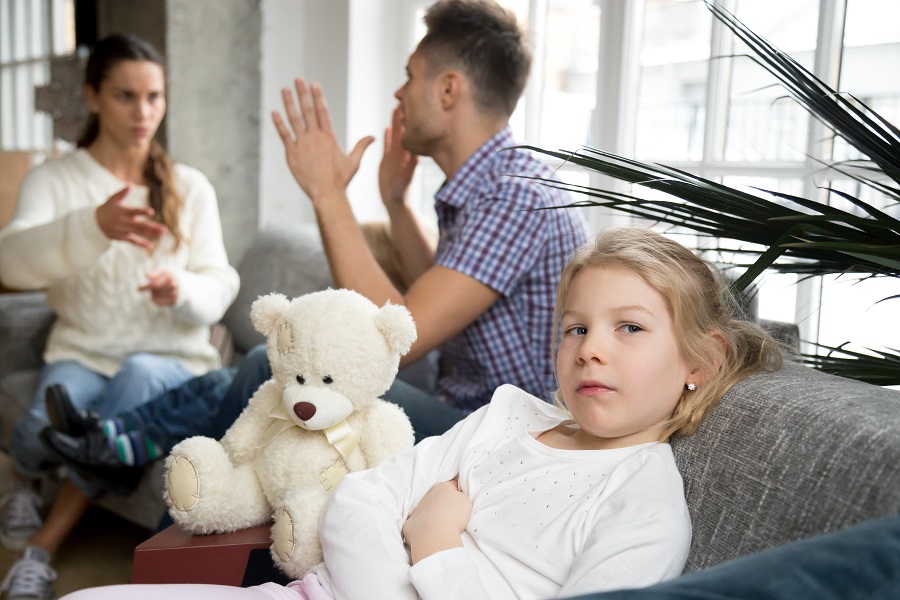Co-Parent Peacefully
The tension between parents that is acrimonious has been proven to create stress for children. Afflicting hostility with screaming and threats to each other has been linked to problems with children’s behavior.
Minor tensions may create anxiety in children. If you are having trouble co-parenting your ex-spouse’s ex and you need help, seek advice from an expert.

Avoid Putting Kids in the Middle
Children must be asked to select the parent they like best. Giving messages to give out to parents who have different parents isn’t a good idea. Children who are confined to two parents are at a greater risk of risk of suffering from depression and anxiety.
Maintain Healthy Relationships
Positive communication, warm words from parents and a lack of conflict can assist children to adjust to divorce with ease. A healthy relationship between children and parents has been shown to aid children develop self-esteem and improve their academic performance following divorce.
Use Consistent Discipline
Establish appropriate rules for children who are an age, and implement penalties if needed. A study published in 2011 found that effective use of discipline after divorce reduced the amount of delinquency, as well as increased academic performance.
Monitor Adolescents Closely
If parents take note of the activities of their children as well as the people they spend time in with them, they will be less likely to experience problems with their behavior after divorce. This means that they are less at to use drugs and less academic concerns.
Empower Your Children
Children who don’t feel confident in their abilities to handle changes, and view themselves as being victims are more likely to experience mental health problems. Inform your child that although divorce can be challenging, you can mentally cope with it.
Teach Coping Skills
Children who use active strategies to cope that include solving problems and reorganizing their cognitive abilities are better capable of coping with divorce. Help your child manage his thoughts, emotions and behavior in a way that is healthy and in a healthy way.
Help Kids Feel Safe
The fear that your kid might be lost and fear of the future may result in a great deal of anxiety. However, by helping your child feel safe, loved and secure will not only decrease the tendency to cling, but also lower the risk of developing mental health issues.
Seek Parent Education
There are numerous programs to reduce the negative effects divorce has on children. Parents are taught to be a co-parent and strategies to help children cope change.
Get Professional Help
A reduction in stress levels is a fantastic option to support your child. Make sure you take care of yourself and think about the possibility of therapy for talk or other tools that could assist you in adjusting to the changes that are happening within your family.
When to Seek Help for Your Child
While divorce isn’t easy for families, staying in a relationship to protect children may not be the best choice. Children in families with a lot of conflict or hostility could be more prone to experience issues in their mental health as well as problems with their behavior.
After a separation from parents is not uncommon for children to struggle with their emotions and behaviors in the immediate aftermath. If your child’s behavior or mood problems persist you should seek help from a professional.
Begin by speaking with your child’s pediatric doctor. Discuss your concerns with them and inquire whether your child may require professional assistance. The referral to therapy to talk with your child or other services for help could be recommended.
Therapy sessions can help your child to resolve his emotions. Family therapy is suggested to deal with the changing the family relationships. Certain communities provide children’s support groups for children.
Support groups enable children within particular age groups to be able to interact with others who might be experiencing similar problems within their family structures.




















